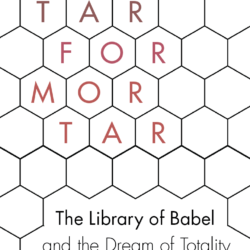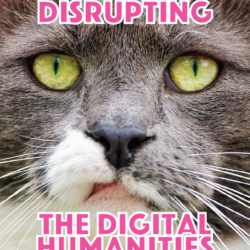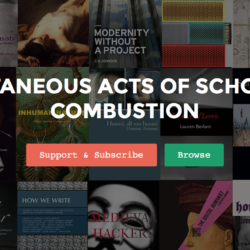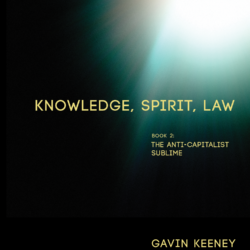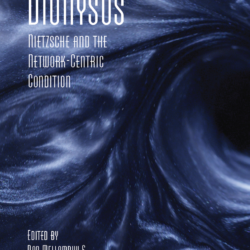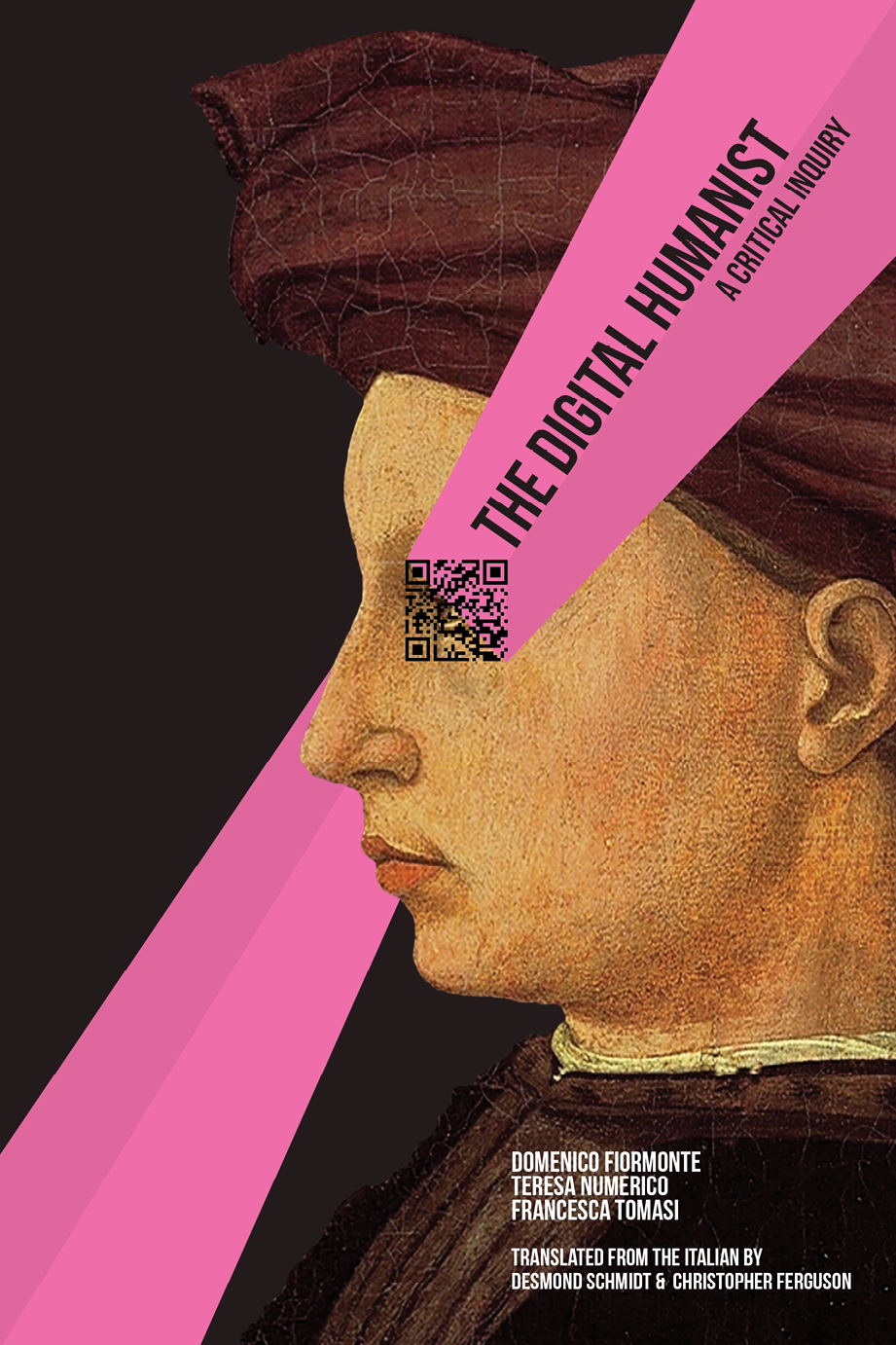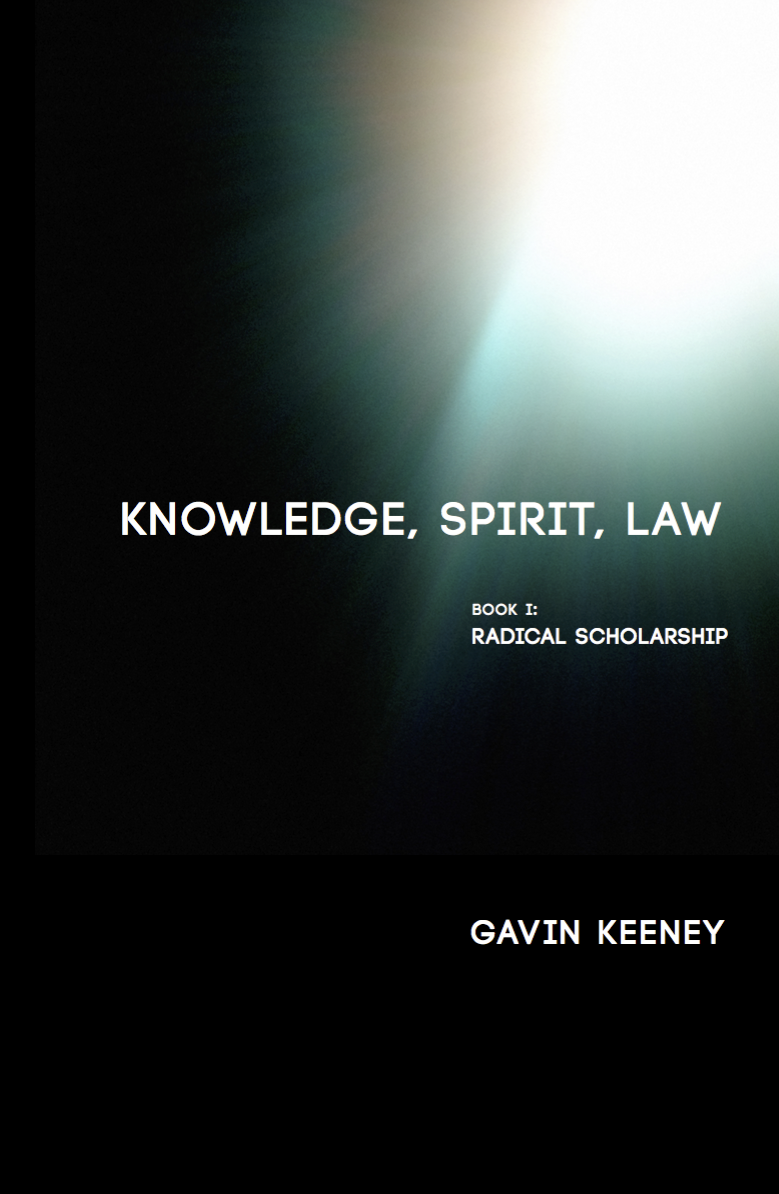Tar for Mortar: “The Library of Babel” and the Dream of Totality
Imprint: Dead Letter Office
Published: 03/15/2018
Tar for Mortar offers an in-depth exploration of one of literature’s greatest tricksters, Jorge Luis Borges. His short story “The Library of Babel” is a signature examplar of this playfulness, though not merely for the inverted world it imagines, where a library thought to contain all possible permutations of all letters and words and books is plumbed[…]

